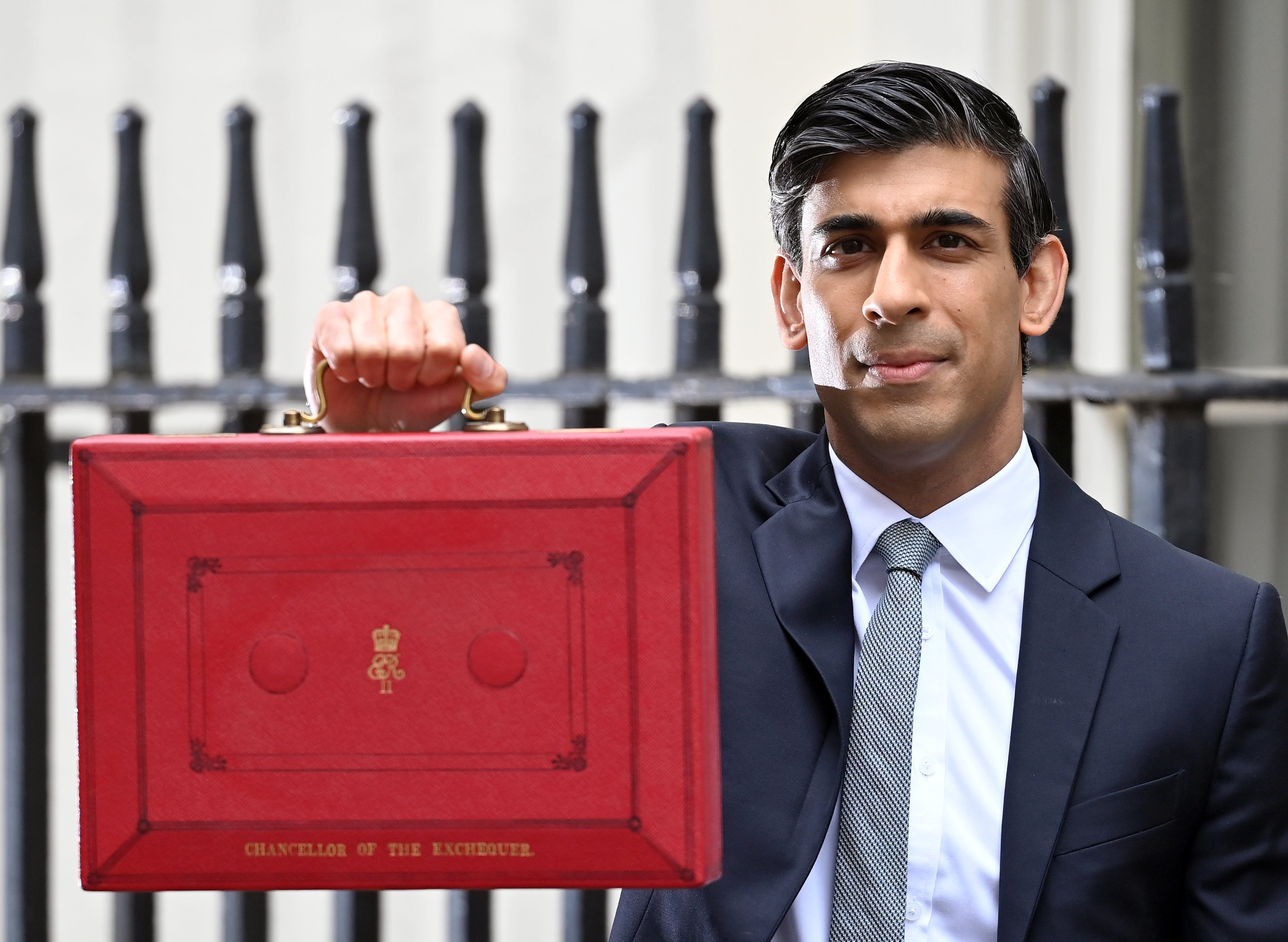Your support helps us to tell the story
From reproductive rights to climate change to Big Tech, The Independent is on the ground when the story is developing. Whether it's investigating the financials of Elon Musk's pro-Trump PAC or producing our latest documentary, 'The A Word', which shines a light on the American women fighting for reproductive rights, we know how important it is to parse out the facts from the messaging.
At such a critical moment in US history, we need reporters on the ground. Your donation allows us to keep sending journalists to speak to both sides of the story.
The Independent is trusted by Americans across the entire political spectrum. And unlike many other quality news outlets, we choose not to lock Americans out of our reporting and analysis with paywalls. We believe quality journalism should be available to everyone, paid for by those who can afford it.
Your support makes all the difference.A former Conservative minister who resigned last year has questioned whether the government is acting lawfully by making deep cuts to overseas aid without oversight.
It emerged last night that the UK is slashing its funding for a United Nations family planning programme by 85 per cent – a reduction the UN agency says will lead to 250,000 more maternal and child deaths.
The UK was the biggest funder of the programme, providing £155 million, but is now shrinking its contribution to just £23 million a year as Rishi Sunak imposes austerity on the sector.
Speaking on Thursday Conservative peer Baroness Sugg, who was an overseas development minister until she resigned in November in protest at government policy, called for more transparency from ministers over who would lose out from their policy.
Details of the various different cuts the government is imposing are trickling out on a programme-by-programme basis – usually sourced from the agencies themselves as the government has so far refused to publish details.
"We really need to see an explanation of how the Government's going to make this action lawful," the Tory peer told BBC Radio 4's Today programme.
"When they announced the cuts they confirmed they needed to bring forward legislation but five months on from that we still haven't heard what they plan to do and this really needs to come before Parliament for a vote."
The baroness urged the Government to set out a clear timetable as to when the aid budget would be restored, adding: "Until then, I think we need transparency so we can understand where these cuts are being made, the budgets obviously exists, they've been published in the past, so we need to see a full breakdown."
A small group of Conservative rebels have reacted with anger over the government's decision to break its manifesto promise and slash international aid below target – taking the first steps towards legal action against their own government.
Rishi Sunak dumped his party's commitment to spend 0.7 per cent of GNI on aid in his most recent budget, citing the financial effects of the coronavirus pandemic.
Polling suggests international cuts are generally popular with voters in principle – but the specifics of who among the world's poorest loses out may prove more controversial.
As such, the rebels are pushing for the government to explain who will suffer, and ministers appear reticent to do so.
The contraceptive programme cut is just the latest detail to emerge of where the axe will land: a leaked memo that came to light earlier this week suggests the UK is also cutting support for clean water for the world's poorest by 80 per cent.
The Independent also reported earlier this month that the cuts will also hit funding for polio vaccination and prosthetic limbs for landmine victims.
The specific reductions are part of a reduction in aid spend to 0.5 per cent of GNI, reducing public spending by around £4 billion a year. By comparison, the coronavirus furlough scheme costs an estimated £14 billion a month.
In a statement, the UN population fund, which runs the contraceptive programme said: "These cuts will be devastating for women and girls and their families across the world. With the now-withdrawn £130 million, the UNFPA Supplies Partnership would have helped prevent around 250,000 maternal and child deaths, 14.6 million unintended pregnancies and 4.3 million unsafe abortions.
"UNFPA recognises the challenging situation facing many donor governments, yet deeply regrets the decision of our longstanding partner and advocate to step away from its commitments at a time when inequalities are deepening and international solidarity is needed more than ever. The truth is that when funding stops, women and girls suffer, especially the poor, those living in remote, underserved communities and those living through humanitarian crises.
"The needs of women and girls and their right to modern contraceptives have not changed, and UNFPA remains resolute and dedicated to our mandate. We are assessing the full scope and impact of the cuts and are actively formulating mitigation strategies."
An FCDO spokesperson said: "The UK is a world leader on international development. In 2020 we were the third biggest aid donor globally, spending £14.5bn.
"The seismic impact of the pandemic on the UK economy has forced us to take tough but necessary decisions, including temporarily reducing the overall amount we spend on aid. We will still spend more than £10bn this year to fight poverty, tackle climate change and improve global health.
"We are working through what this means for individual programmes. Decisions will be announced in due course."

Join our commenting forum
Join thought-provoking conversations, follow other Independent readers and see their replies
Comments